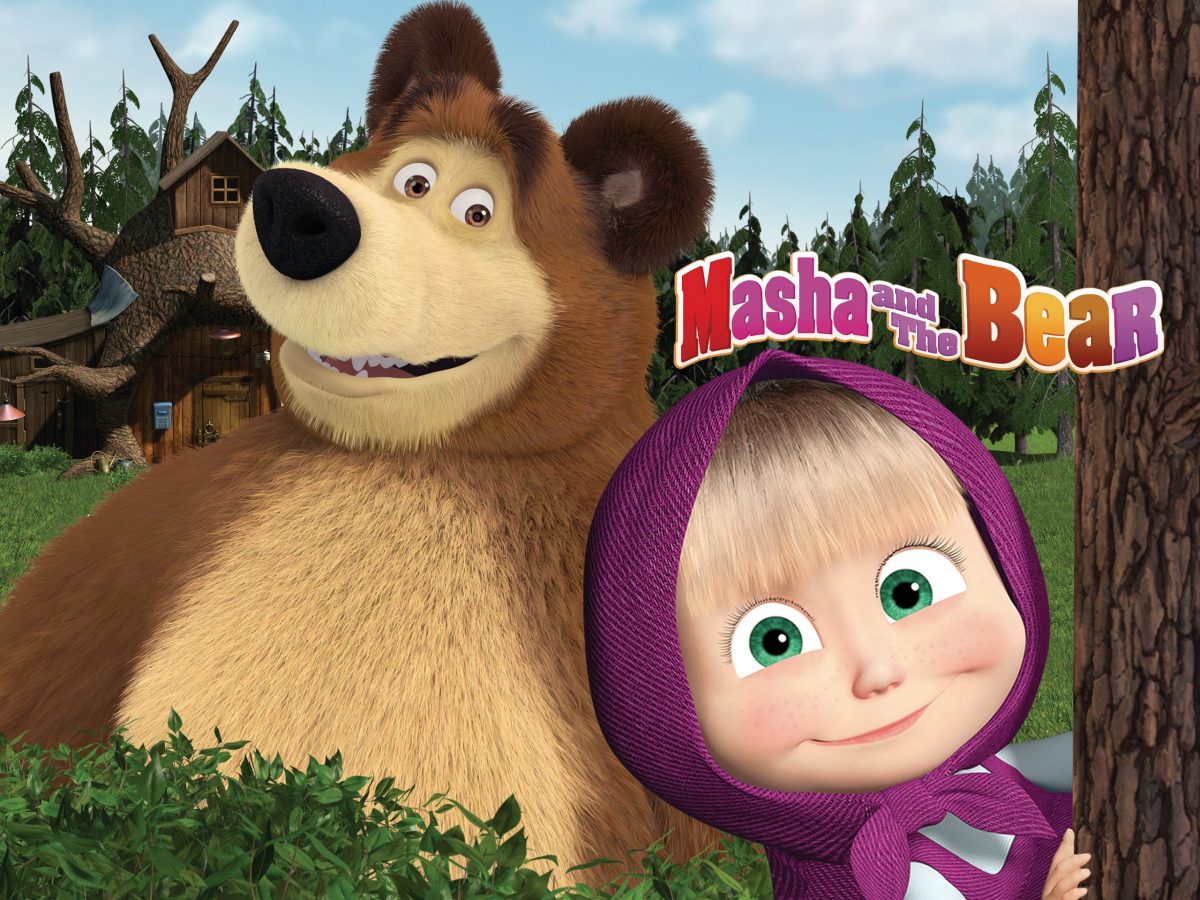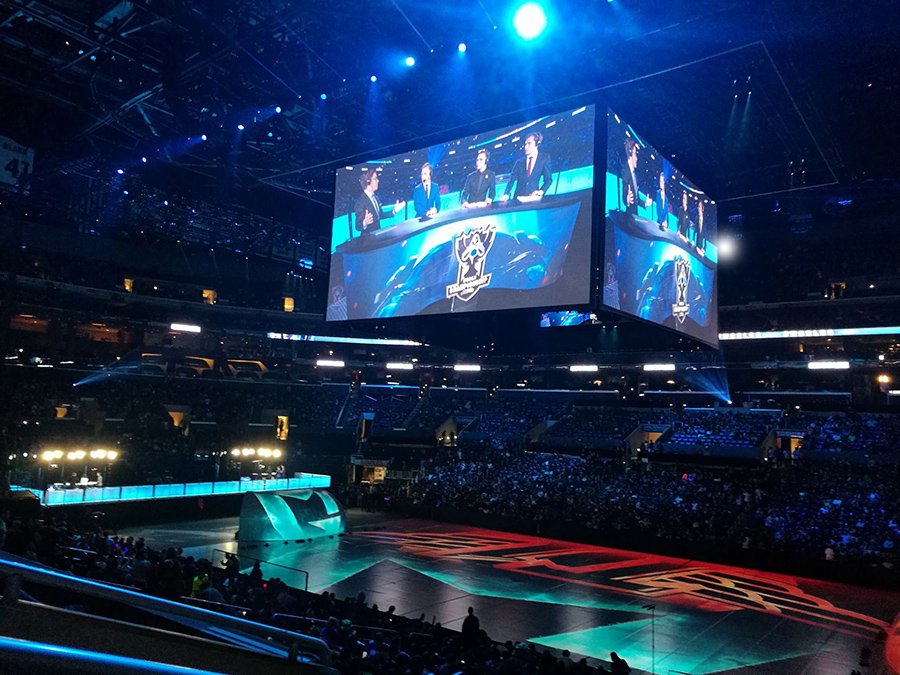When I joined the Blueprint Localization team, I embarked on a new adventure — I became a Bulgarian Translation and Localization Specialist for software and gaming. Given I had spent most of my professional life in academia and freelance translation, I was a little apprehensive. I had no corporate background and little gaming experience. But the professionals in the Blueprint Localization team “believe in the power of possibility and are passionate about bringing it to life.” Their faith in me convinced me I was up to the challenge and opened the door to the new and unexplored corporate world for me. Seven months later, I know they were right. In a lot of ways, I feel right at home on my team.
A mediator by nature, I used to dream of being a healer, a helper. I preferred operating in the background because I believed in the importance of hidden figures, base builders and creators of substance. In high school, I broke a finger at soccer goalkeeper practice because I believed that a dedicated goalie is essential to a team’s defense. Later, I was a drummer in a band, holding the rhythm steady for everyone else to shine. When education became my professional field of choice, my students’ successes brought a sense of fulfillment. While I never pursued my childhood dream of becoming a veterinarian (or a ballerina, for that matter), I feel I am still working in a field of healing. Translation and localization may not heal bodies or minds, but they reduce differences and close divides much like stitches close a cut, or a prosthetic limb removes impediments to someone’s motor function. Boldened and humbled by the opportunity to create understanding and bridge gaps, I find myself increasingly inspired by my job.
It is easy to be happy working with a team like Blueprint Localization. My teammates come from a variety of backgrounds and bring with them a rich and varied presence. The leadership extends a warm welcome and support every single day. The company’s servant leadership philosophy aligns with my values, and its culture of taking care of each other engenders a warm, fuzzy feeling of belonging and a sense of community. The company’s motto, “better together,” I find especially inspiring. To me, this phrase is more than a cliché because, as Translation and Localization Specialists, we are not only better together as a team — our work makes “better together” a reality.

Ма́ша и Медве́дь, known as Masha and the Bear to English speaking audiences, is a popular Russian animated show with over 11 billion views worldwide.
Connections define humanity. The need to share a value system with like-minded individuals is inherently human, and this need expands as communication spans the globe and uncovers new horizons. Nowhere is this more obvious than in the realm of culture. Cultural exchange brings out the common humanity and establishes connections between people who may otherwise be separated by seemingly intransigent divides. Take, for example, the tide-like increase in global popularity of South Korean culture known as the Korean Wave (Hallyu), the growing popularity of the Eurovision Song Contest, amassing participation from 44 countries annually, or the fact that my children and I enjoy watching an episode of a beautifully created (and skillfully dubbed) Russian cartoon called Masha and Bear, in small-town Alabama. These are all examples of culture’s ability to impact different societies across the world.
Games, especially online gaming, are another great example of culture bringing people together around the globe. Combining art, sport and communication with the connectivity of the internet is perhaps the most successful way of establishing connection between human beings across cultural and geographical boundaries. Who can deny that gaming is an international sport like no other? Game developers from diverse backgrounds offer countless varieties of competitive fields, in which players all around the world can choose to participate simultaneously. Great players gain celebrity status, but their skills are not reserved for winning championships, as fans often have opportunities to play against their idols. The very nature of gaming — its playfulness and fun — holds in itself the potential of overcoming differences in background and class. It is a wonderful example of successful cultural exchange.

Gaming has evolved into a worldwide medium of competition, comradery and cultural exchange that combines art, sport and communication.
However, cultural exchange and communication cannot, nor do they seek to, create a unified identity for everyone. Although it is possible to overcome national and cultural differences in esports, pop culture and many other areas, individuals and groups will always seek to reaffirm their identities and honor their roots. One part of identity that remains inherent and inalienable is language — the essence of communication. Fluid as it may be, its ability to unite and divide is constant. It is unthinkable to attempt to erase linguistic differences between communities. Genuine communication instead seeks to honor and accept them. This is where my colleagues and I come in to make communication across languages and cultures not only possible but fruitful.
The importance of Translators, Interpreters or Localization Specialists is not always self-evident. We do not make the news or sign peace treaties. We do not make the software products we work with. But so vital is our role in these processes that it can make or break them. The internet is filled with examples of translation and interpretation mishaps, ranging from innocently funny to disastrous. In the gaming industry, a small error in translation can result in negative user reviews and financial losses for the company, if not worse. A lot can go wrong without proper linguistic mediation. But the mediators stay behind the scenes. A translator does not shine. We translate and transcreate, but the better we do our job, the less our presence is noticed. Our lack of visibility and the resulting smooth communication are proof of a job well done.
Nonetheless, being a Translation and Localization Specialist is immensely rewarding. Our professional self-worth is anchored in the knowledge that the audience finds joy in content created with them, their culture and their desires in mind. Because to a consumer, access to content in their native language is not merely a question of convenience. It is a question of acknowledgment. Thanks to the work of Translation and Localization Specialists, both the provider and the consumer can experience cultural exchange at an equal level of comfort and confidence. Translation and localization bring dignity to the process of exchange.
To me, this realization makes all the difference. Knowing I am in the right place, making it possible for two sides of the world to understand each other, brings great value to my life. Journalist Rebecca Beitsch says the following about court interpreters, but it holds true for linguistic mediators everywhere:
Thanks to us, developers can reach their audience. Gamers everywhere can win international tournaments. Fans can access information about their favorite players and products. Everybody benefits from the smooth communication provided by translation and localization. So, here I stand humbled and proud of my function, knowing that I bring people together; that I serve not only the client or the consumer, but a greater cause of togetherness and mutual understanding. Together with my team, I make “better together” a reality.
Check out what we do to learn more about the wide range of localization expertise Blueprint Technologies offers.

